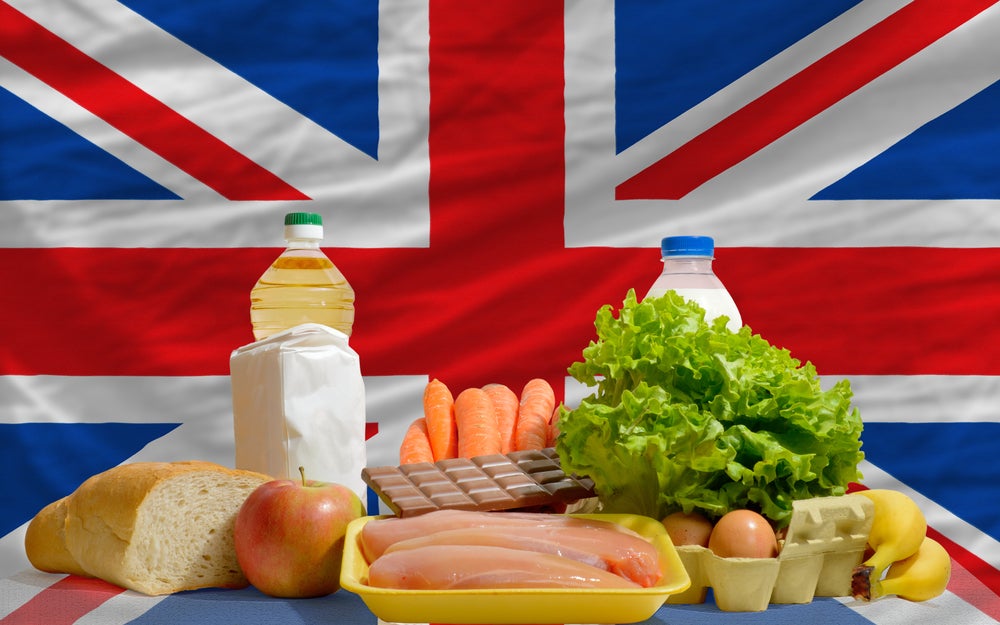Consumer card spending in the UK grew by just 2.6% year-on-year in October, marking a noticeable slowdown compared to the latest CPIH inflation rate of 6.3%.
This sluggish growth is also the smallest uptick since September 2022, when it was at 1.8%, according to just-released data from Barclays Bank.
The main factor behind this deceleration is the growing concern among Brits regarding rising energy bills and other outgoing costs as the festive season approaches.
Essential item spending slows, shoppers seek savings
Spending on essential items saw a smaller increase, standing at 3.9%, which is down from the previous month's 4.6%.
This decrease is mainly attributed to supermarkets and specialist food and drink stores, which experienced smaller upticks of 5.3% and 5.9%, respectively, compared to September's 6.9% and 8.0%.
This change is largely due to falling food prices and the fact that 69% of consumers are actively searching for ways to reduce their weekly shopping expenses.
Among those looking to save money, 45% are using vouchers or loyalty points, 38% are hopping between multiple supermarkets to find deals and 17% are opting for more cost-effective options such as seasonal fresh foods and pre-prepared meals.
New "slack-filling" trend emerges in supermarkets
A new trend dubbed "slack-filling" has caught the attention of supermarket shoppers trying to maximise the value of their grocery spending. About 70% of consumers have noticed that certain products contain less content than suggested by their packaging size.
Commonly impacted products include crisps, sweets, biscuits, boxes of chocolate and washing detergent.
This phenomenon is creating frustration among shoppers, especially with Christmas food and drink items appearing smaller or lighter while costing the same or even more than the previous year.
However, amidst the cost-of-living concerns, more than a third (36%) of consumers have noticed price cuts on supermarket staples, helping them manage their budgets effectively.
Discretionary spending slumps in October
Spending on non-essential items grew by just 2.0% in October, the lowest increase since September 2022. The warmer-than-usual October weather delayed sales of seasonal items such as winter coats and jumpers, contributing to a fourth consecutive monthly decline for clothing retailers, down 3.0%.
Moreover, spending on takeaways, fast food and digital content and subscriptions also decreased compared to the previous month.
Nearly half (47%) of consumers plan to cut down on discretionary spending to cover their rising energy bills during the autumn and winter, leading to cut-backs on ordering takeaways, dining out and buying new clothes.
On a positive note, the Rugby World Cup continued to boost pubs, bars and clubs, with a 5.9% increase and the travel sector performed well, with holiday bookings in the UK and abroad.
Travel agents experienced their highest uplift since May, while hotels, resorts and accommodations saw a 7.4% growth.
Looking forward, Brits expect Christmas to be more expensive this year and many are planning to cut back on gift-giving and take steps to reduce their festive expenses.
Overall, consumer spending growth remained modest in October, reflecting a cautious approach in the face of rising inflation and cost-of-living concerns.









